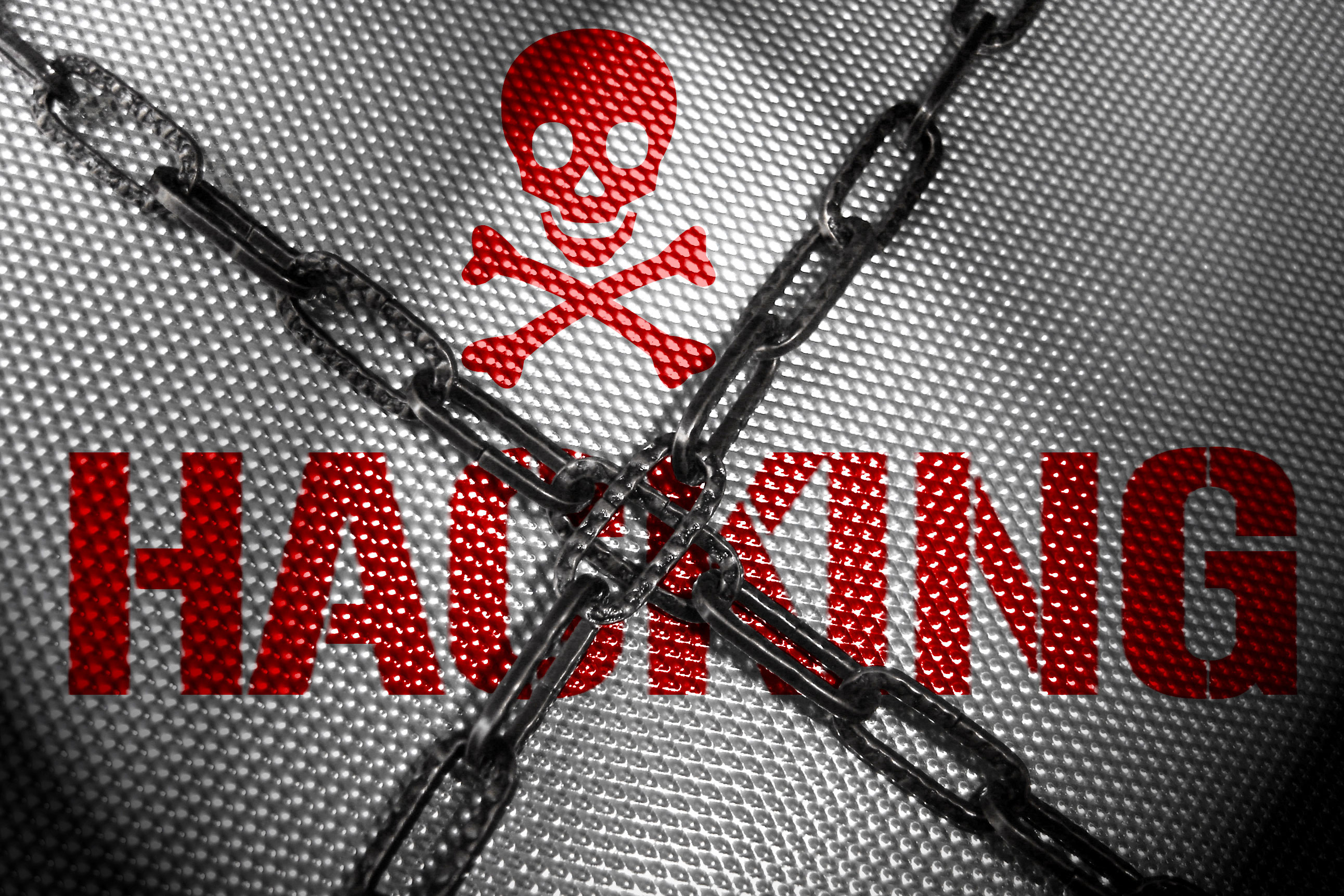How can big companies fight hackers?
As Sony finds itself on the receiving end of a hacking campaign, just what problems are big companies facing in this area and what can they do about it? Simon Brew takes a look.

There are still courses of action, but inevitably they are very limited.
Perhaps the best thing to do, as has been demonstrated more recently by the actions of Anonymous, is to do very little, or nothing at all.
Once the heady spotlight of publicity was shone on Anonymous, it itself began to implode. Splinters within the group appeared and details of the members were posted online. One of the group's leaders subsequently quit. This is, granted, an extreme end result, but then Anonymous is arguably a high profile and extreme case.
The lesson Sony has ultimately learned though is if you have a security problem, then it pays to be transparent about the issue itself. It had a golden chance here to prove to the world it was on top of its security by quickly and swiftly prioritising a problem, whilst alerting people as fast as possible. Sony may have been priorisiting behind the scenes, but its customer base didn't know that.
Anonymous is arguably a high profile and extreme case
Conversely, it pays not to shout and scream, no matter how much of an example you want to set, when you're taking action against a party.
The rules are clearly weighted very unevenly here, as what plays out in a court of law looks very different in the court of public opinion. The frightening thing for organisations of certain sizes is that, if a hacker really does want to find a way in, chances are they'll find a way in. And it's questionable just how much can be done about it...
Get the ITPro daily newsletter
Sign up today and you will receive a free copy of our Future Focus 2025 report - the leading guidance on AI, cybersecurity and other IT challenges as per 700+ senior executives
-
 Cleo attack victim list grows as Hertz confirms customer data stolen
Cleo attack victim list grows as Hertz confirms customer data stolenNews Hertz has confirmed it suffered a data breach as a result of the Cleo zero-day vulnerability in late 2024, with the car rental giant warning that customer data was stolen.
By Ross Kelly
-
 Lateral moves in tech: Why leaders should support employee mobility
Lateral moves in tech: Why leaders should support employee mobilityIn-depth Encouraging staff to switch roles can have long-term benefits for skills in the tech sector
By Keri Allan
-
 Anonymous hijacks Russian broadcasts with footage of Ukraine war
Anonymous hijacks Russian broadcasts with footage of Ukraine warNews The hacking group said it managed to manipulate the broadcasts of three major Russian state-backed media organisations
By Connor Jones
-
 Anonymous hackers flood ISIS Twitter accounts with gay porn after Orlando shooting
Anonymous hackers flood ISIS Twitter accounts with gay porn after Orlando shootingNews Hacktivists hijack pro-ISIS Twitter accounts in retaliation for Orlando massacre
By Adam Shepherd
-
 Anonymous takes down Nissan in dolphin culling protest
Anonymous takes down Nissan in dolphin culling protestNews The hacker group launched a DDoS attack on the company's global and Japanese websites
By Clare Hopping
-
 Anonymous vs ISIS: Hackers claim ISIS twitter accounts linked to DWP IP addresses
Anonymous vs ISIS: Hackers claim ISIS twitter accounts linked to DWP IP addressesNews Hacking group find link between unused UK government IP address and ISIS twitter accounts
By Adam Shepherd
-
 Anonymous hacks ISIS-affiliated Facebook & Twitter accounts
Anonymous hacks ISIS-affiliated Facebook & Twitter accountsNews Hacking collective declares open season on social media accounts linked to Islamic extremists
By Caroline Donnelly
-
 Anonymous attacks Islamic extremist website over Charlie Hebdo attack
Anonymous attacks Islamic extremist website over Charlie Hebdo attackNews The hackers took down website ansar-alhaqq.net as part of #OpCharlieHebdo
By Clare Hopping
-
 Majority of hidden Tor site requests lead to child abuse images
Majority of hidden Tor site requests lead to child abuse imagesNews A study has uncovered 75 per cent of hidden site traffic points to images of child sexual abuse
By Clare Hopping
-
 Anonymous targets Ku Klux Klan Twitter account
Anonymous targets Ku Klux Klan Twitter accountNews Hacking collective brand white supremacists "terrorists"
By Rene Millman